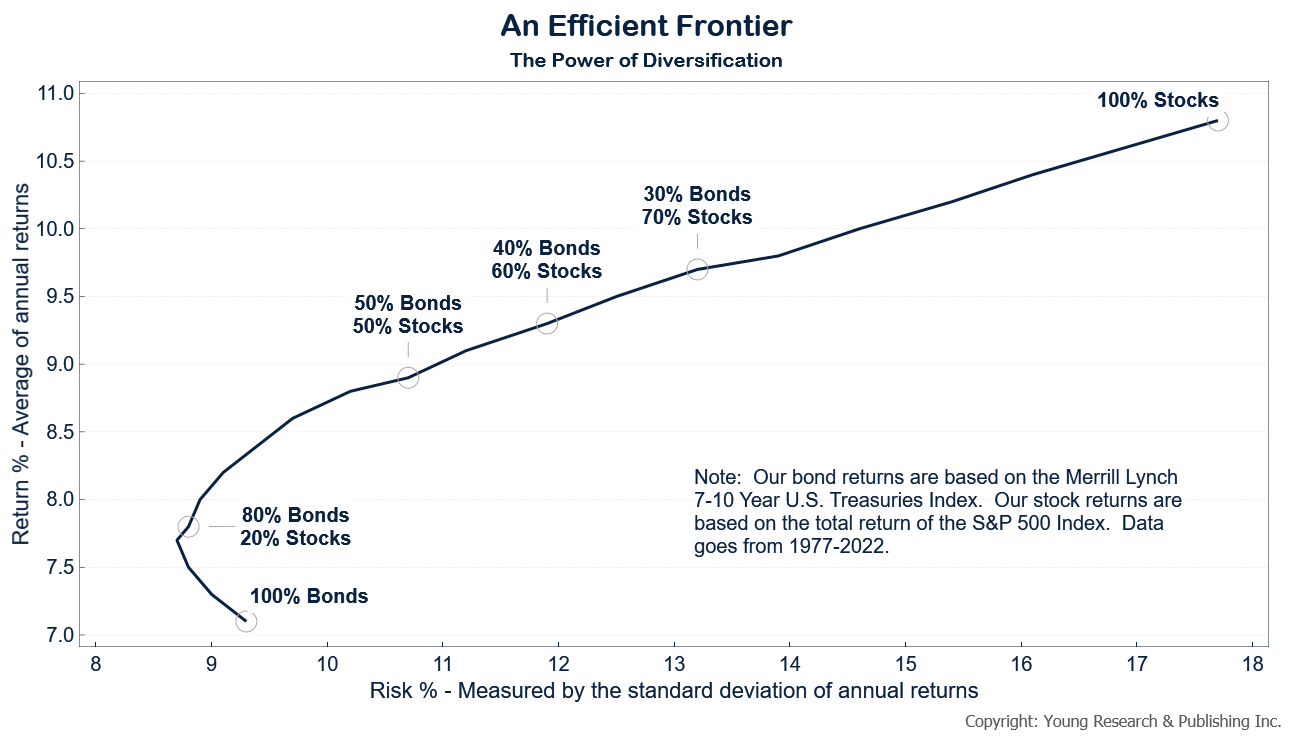You know how hard it is to be retired on a fixed income these days, especially with a risk-free rate (three-month T-bills) at less than one-tenth of one percent and with an historical expansion of government almost assuredly set to increase taxes next year. Caution: You don’t want to be like other investors who are reaching for yield and snapping up municipal bonds. Investors are not paying attention to the inherent risks they are buying. That’s why your smartest income move right now may be to avoid or reduce your exposure to these so-called “high-quality” credits.
Little Rhode Island may foreshadow what’s ahead for the $2.8-trillion municipal bond market. The canary in the coal mine is Central Falls, RI, which last month chose to enter court-appointed receivership to force a rewriting of contracts, pension cuts, and a restructuring of debt, which would have hurt both unions and investors. Of course that would be too politically painful to handle, so to avoid the pain, Governor Don Carcieri stepped in last week and signed a bill that prohibits cities and towns from entering judicial receivership and calling on the state to intervene earlier when communities are in grave financial danger. The problem is that Central Falls already tried this route back in 1991, and obviously that didn’t work too well. Carcieri’s spokeswoman, Amy Kempe, said Monday, “If any city or town had the ability to just go into court to seek to do away with its debt, that brings great uncertainty and uneasiness to the bond market.” How long can this game continue before we’re paying for the reckless spending of other towns like Central Falls?
One of the country’s largest investment firms sent me an analysis that pushes their municipal bond funds by arguing that credit quality, on average, remains higher than other fixed-income credits and that the expected tax increases are supporting demand. I find both recommendations to be dangerous, and I’ll explain why in a minute, but what’s most important, and often missed by average investors, is the real reason for the report: the attractive historical returns in large print that never fail to attract investors. It reads: “Municipal bonds rallied nearly 13% in 2009. So far this year, the category is up 3.2%, a pace that is roughly in line with its annual long-term average (7.3%).” Without fail, that point alone is always the best seller.
Now, regarding their first point, here’s the reason credit quality is artificially high. Ratings agencies—like Fitch, by example—have recently “recalibrated” muni debt, lifting the ratings of thousands of municipalities with the reasoning that historical muni defaults are very minute compared to other sectors. Obviously they are not as gravely concerned as I am about the outstanding municipal debt of $2.8 trillion—a record 22% of GDP and growing. It’s shocking to me that ratings are recalibrated higher with such obvious systematic weakness.
As for taxes, I’m not biting. They argue that 4% is the yield for both a 30-year muni and a Treasury bond. For muni investors in the upper 35% income bracket, that is a tax-equivalent yield of 6.1%, and 6.6% if taxes go up to 39.6%. I’m not going out 30 years for that when a back-of-a-napkin duration calculation illustrates that for every 1% increase in rates the value of those bonds decreases by roughly 30%.
I will live to fight another day with an average maturity of less than five years and with such a plan the tax savings becomes far less compelling. For example, Vanguard’s Limited-Term Tax-Exempt bond fund has an average maturity of 2.8 years, and it yields 1.41% for an upper-tax-bracket (35%) tax-equivalent yield of 2.1%, and 2.3% in a 39.6% bracket. My advice is not to partner with municipalities and instead to stick with the Vanguard Short-Term Investment-Grade bond fund with an average maturity of 3.2 years and a low but better 2.4% yield.
My last warning is that you shouldn’t get too confident with your muni bonds because they’re insured. Assured Guaranty is one of the few bond insurers writing new business now that Ambac Financial and MBIA had their ratings slashed to junk from all the mortgage defaults. It makes me uneasy that Assured Guaranty’s proportion of guarantees on public finance debt has increased to 66% from 48.2%.
So don’t be fooled by the enticing historical returns, high ratings, tax breaks, or insurance guarantees you may read about with munis. Investors who partnered with Central Falls, RI, dodged a bullet with Governor Carcieri kicking the can further down the road and possibly onto the federal level for others to pay. Other governors may not bail you out.



